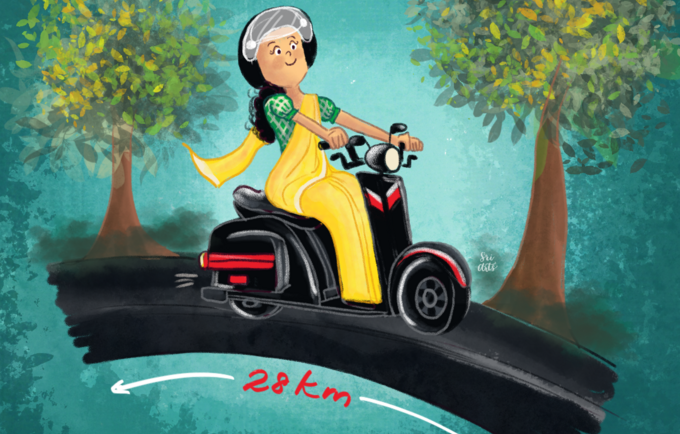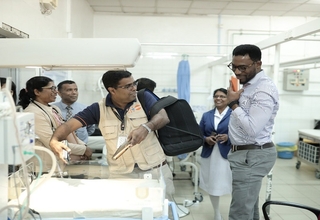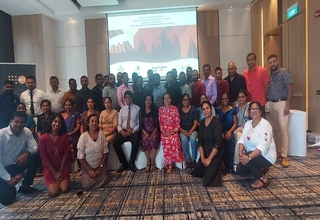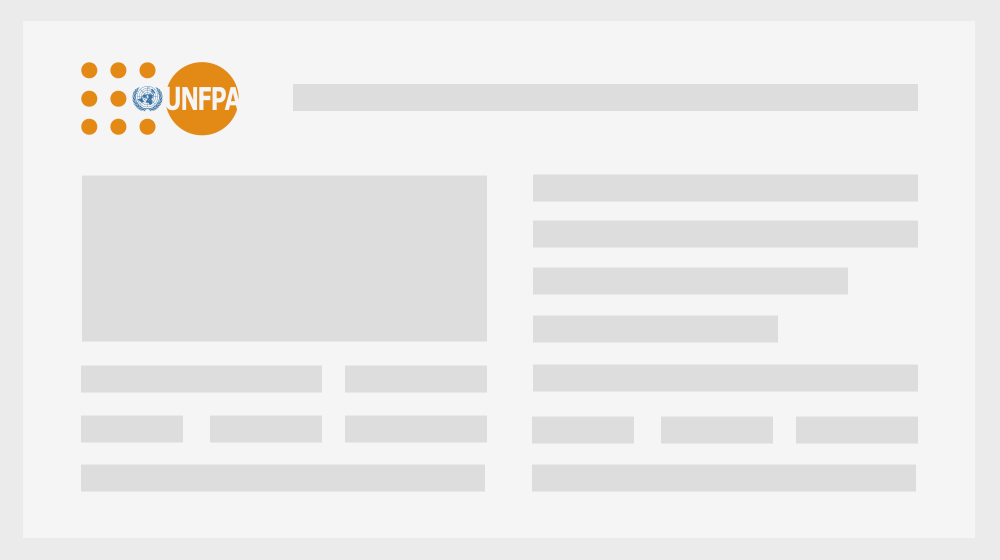This is the story of Thivya Gunasekaram, Counsellor, Jaffna Social Action Centre
“People often ask me if the 28 kilometers - the 6 hours of daily travel for work - and the stress surrounding counseling doesn’t get to me. To me, these details are insignificant when I see the tangible change I can create in the minds and lives of vulnerable women and girls.”
Thivya is a 27-year-old counselor who lives in Kodianathal with her mother and father. Until recently, she didn’t recognize that she has, what she now calls, a “God-given gift” of counselling, and so she tried her hand in the IT sector and thereafter in accounting. After a repeated sense of calling to the field of counselling she took up higher education in this area and started working at one of the women’s shelters run by the Jaffna Social Action Centre.
Today, she commutes 28 kilometers, even in the midst of the COVID-19 pandemic, just to be there for victims and survivors of sexual and gender-based violence.
While her presence, her kind advice, and her listening ear have been helpful to several women who need support, Thivya worries about those who she couldn’t reach out to. While working at the shelter she has come across so many women who convince themselves that the violence and abuse they face in the confined of their home is normal and so they feel the need to “adjust,” “bear the pain” and “carry on” without disrupting the status quo. Most also fear the judgement of societal norms, and so they continue to face the stress and physical trauma in silence.
“Recently I met a woman who after 25 years of dealing with violence and abuse caused by her husband, decided to come and seek help. She confided in me and told me her spouse’s alcohol addiction and his excessive spending habits and how these often lead to her being beaten – almost daily. But after being at the shelter for a few days she desperately wanted to go back home. It really puzzles me how someone would want to keep returning to the place of violence but I have met many women like this.”
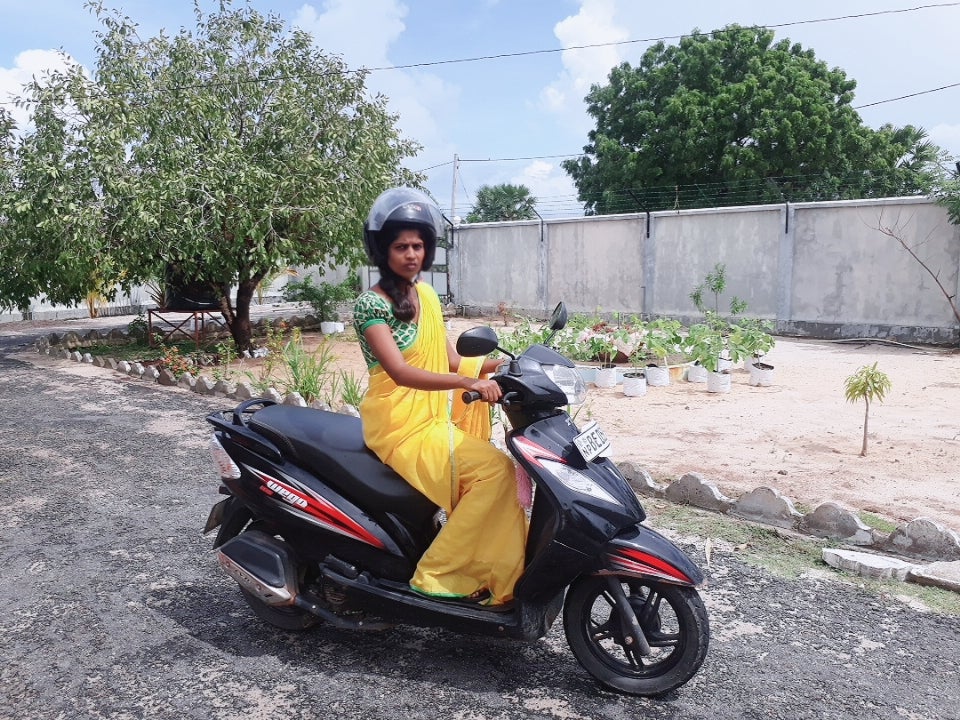 Instances like this make Thivya frustrated, leaving her pondering on what more she could do. She has only one piece of advice…..” people need to speak up. No one deserves to be treated like this…”
Instances like this make Thivya frustrated, leaving her pondering on what more she could do. She has only one piece of advice…..” people need to speak up. No one deserves to be treated like this…”
For many families, the COVID-19 pandemic has increased pressure in the household stemming from job losses, health and safety concerns, and money worries, causing tensions within the family, leading to increased avenues of gender-based violence, further exacerbating existing vulnerabilities and bringing them to the surface.
With lockdown and quarantine measures in place, Thivya along with other service providers have seen a marked increase in domestic violence….violence caused by an intimate partner through what is now called the shadow pandemic. With health systems stretched in responding to this COVID-19 emergency, shelters are also reaching capacity with funding and other support also running dry.
When Thiviya joined JSAC a few months ago, the shelter didn’t have any counsellors, while the existing staff were stretched in supporting their in-house victims and survivors.
Despite being on the frontlines – at risk of the COVID-19 virus by being out and about - Thivya is proud to be of service to anyone who needs her care. With travel restrictions in place, she is now living in the shelter so she can be available to those who need her. Although she is miles from home, she takes comfort in knowing that she can make a difference.
***
UNFPA works with the Government of Sri Lanka and other key stakeholders to ensure zero unmet need for contraception; zero preventable maternal deaths; and zero gender-based violence and harmful practices.
As we head into a period of 16 days of activism against GBV from 25 November to 10 December, this year we want to draw special focus on the many frontline health workers and service providers like Thivya who strive to create a safer world for all despite COVID-19. Together, let’s take action to shed a light on this shadow pandemic. Let’s also call for action by policymakers across the world to prioritize this issue even amidst the pandemic because the world cannot prosper if a home is not safe for women and girls. This is an important part of our commitment to leaving no one behind.
If you or anyone you know is in need of help, reach out to organisations that can support you. They will treat all information confidentially.
- Women in Need helpline - 0114718585 / 0777349100
- Women's Help Line - Ministry of Women and Child Affairs - 1938
